
Japanese Prime Minister Shinzo Abe fell short of achieving his key goal, getting Washington's unequivocal support for Tokyo's stance over the Diaoyu Islands, as he concluded his visit to the US capital on Sunday.
Economic and political ties between the United States and China, the world's two largest economies, as well as fears over the rise of Japanese nationalism and the potential disruption this could cause in the Asia-Pacific region means Washington is adopting a cautious approach.
Abe did raise other matters during the four-day trip.
"The trust and the bond'' of the alliance is back, Abe said referring to cooling relations during the previous administration in Tokyo.
The two countries pledged to "take strong action" against Pyongyang over its third nuclear test earlier this month and continue talks about Japan's "possible interest'' in joining a trade pact initiated by Washington, the Trans-Pacific Partnership.
They even planned to install a US early-warning system at a base near Kyoto to bolster defenses against the so-called missile threat from the Democratic People's Republic of Korea.
The system, which will help the US intercept missiles, probably violates Japan's self-imposed ban on the right to exercise collective self-defense, Kyodo News Agency said on Sunday.
But the White House appeared to intentionally play down China-related issues, especially tension over the Diaoyu Islands.
The alliance with Japan is "the central foundation" for US policy in Asia, US President Barack Obama told Abe on Friday, who came into power in December and vowed to boost defense spending and stimulate a long-ailing economy.
But Obama did not mention the islands in his brief remarks after his meeting with Abe.
Abe sees a strong alliance with the US, which he said had been damaged by the previous Japanese government, as a key part of keeping China and the DPRK in check, Japanese newspaper Yomiuri Shimbun said on Sunday.
But a Japanese government source said the US decided not to touch upon the issue during the summit to avoid irritating China unnecessarily, it reported.
Kenneth Lieberthal, a senior fellow in foreign policy and global economy and development at the Brookings Institution, said despite the US-Japan alliance, it's up to China and Japan to work it out themselves.
"Certainly we are not encouraging either side to be more assertive, (but) to try to encourage both sides to avoid incidents or accidents," said Lieberthal.
Japan "will not achieve its goal'' of asking the US to shoulder the risk of a major conflict over the islands, said Liu Jiangyong, a specialist on Japanese affairs at Tsinghua University.
"This is due to Washington's consideration of its own interests (in the Asia-Pacific region),'' he said.
The US does not "want to get entangled in local feuds that could spark a military conflict'', US political commentator Christian Caryl told the Xinhua News Agency.
Jia Xiudong, a senior researcher at the China Institutes of International Studies said that Japan's stance over the islands was dwarfed by US strategic concerns.
Su Hao, a professor at China Foreign Affairs University told reporters that "Washington is concerned Tokyo will feel less restrained if it felt it had strong backup.
"It is in US interests that China and Tokyo are embroiled to some degree, but that tension has to be kept under control if the US is to exert its influence.''
But Abe is unlikely to tone down his rhetoric, experts said.
Remarks he made in an interview with The Washington Post and a speech at a US think tank triggered strong opposition from Beijing.
According to a poll released by Kyodo on Sunday, the Abe's cabinet was supported by 72.8 percent of respondents. This was the first time that poll approval had exceeded 70 percent for a Japanese cabinet since September, 2009.
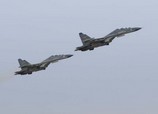


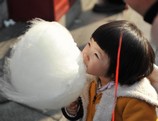
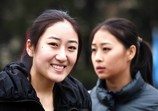
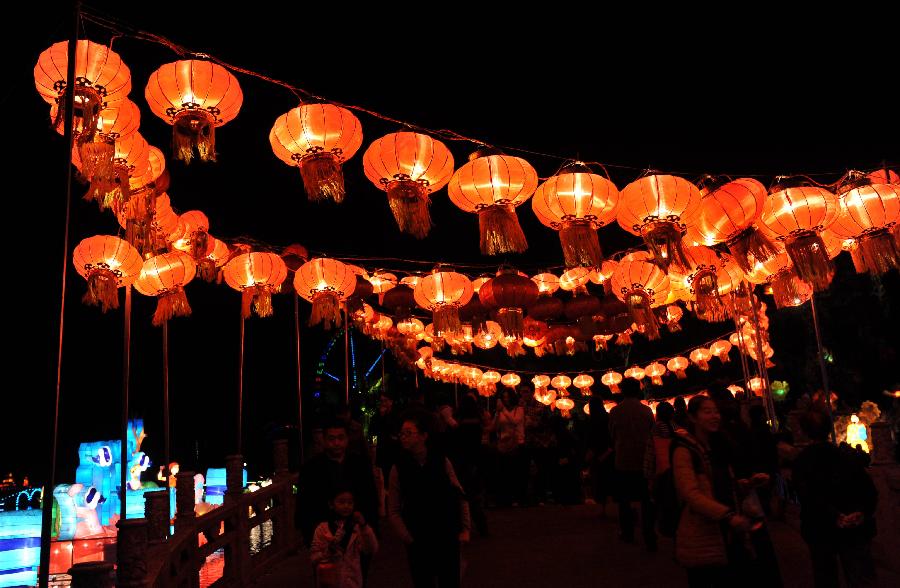

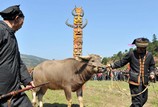

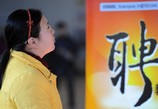






 Cosplay enthusiasts perform at Shanghai comic convention
Cosplay enthusiasts perform at Shanghai comic convention


![]()
